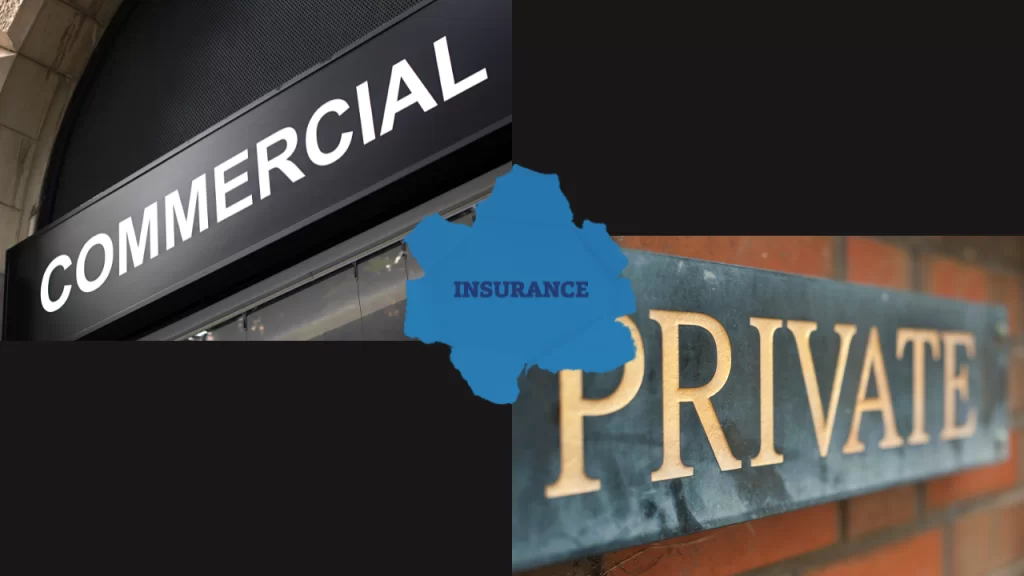Protecting your business is good business. Having the right insurance can mean the difference between surviving a calamity and losing everything. Many business owners have learned the hard way that a lawsuit, theft, accident, or natural disaster can wreak havoc on their companies. In fact, 25 percent of businesses that experience a disaster never reopen, according to a study* conducted by the Insurance Institute for Business & Home Safety.
What types of insurance do you need to help make sure your company is financially secure or Commercial insurance? Here are seven types of insurance to consider:
-
General Liability: This coverage helps protect your company if someone is injured at your business or if any injury or damage results from the use of your products or services. It can help protect your business from situations that could be perceived as negligence. Most general liability policies cover financial obligations like medical costs, legal defense expenses, and settlement awards if your business is sued.
-
Professional Civil Liability: Also known as errors and omissions insurance, this type of insurance helps protect your company from claims related to negligence towards customers or other third parties. Some states require doctors and other professionals to carry professional liability policies, says the US Small Business Administration (SBA).
-
Commercial Property: This type of insurance covers loss and damage to company-leased or owned property resulting from a variety of events, such as fire, blizzards, or acts of vandalism. An "all risk" business property policy covers loss or damage from a wide variety of sources, while a "named risk" policy specifies the types of risks it covers.
-
Commercial Vehicles: This policy protects your business against damage to a leased or owned vehicle that you or your employees use for work purposes. It also provides coverage if a third party alleges personal injury or property damage related to an auto accident.
-
Business Interruption Insurance: This policy protects against the effects of unexpected events and natural disasters that might otherwise cause your company to temporarily relocate or close. It helps businesses maintain cash flow while equipment is replaced and physical damage to facilities is repaired. It usually provides reimbursement for up to one year of lost income.
-
Business Owners Policy (BOP): Often referred to as a BOP, this is a policy for business owners that contains multiple types of insurance in a single policy, usually at a lower cost than purchasing each insurance individually. A BOP may include coverage for business assets, business interruption, and general liability.
-
Comprehensive Coverage Liability: This type of insurance fills any gaps left by your business insurer. For example, if your general liability policy has a coverage limit, a comprehensive policy will cover losses that exceed that amount. It can also provide protection in areas excluded by other policies. The premium for a comprehensive policy may be lower if you buy it from the same insurer that provides the rest of your policies.
Make sure you have the right coverage for your business. Consult with an insurance professional to assess your specific needs and risks. Protecting your business is not just a precautionary measure but an essential part of ensuring its long-term success and sustainability. Remember, the right insurance coverage can make all the difference when it comes to protecting your business and its future.
*Study conducted by the Insurance Institute for Business & Home Safety: [Insert source if desired]


No comments yet